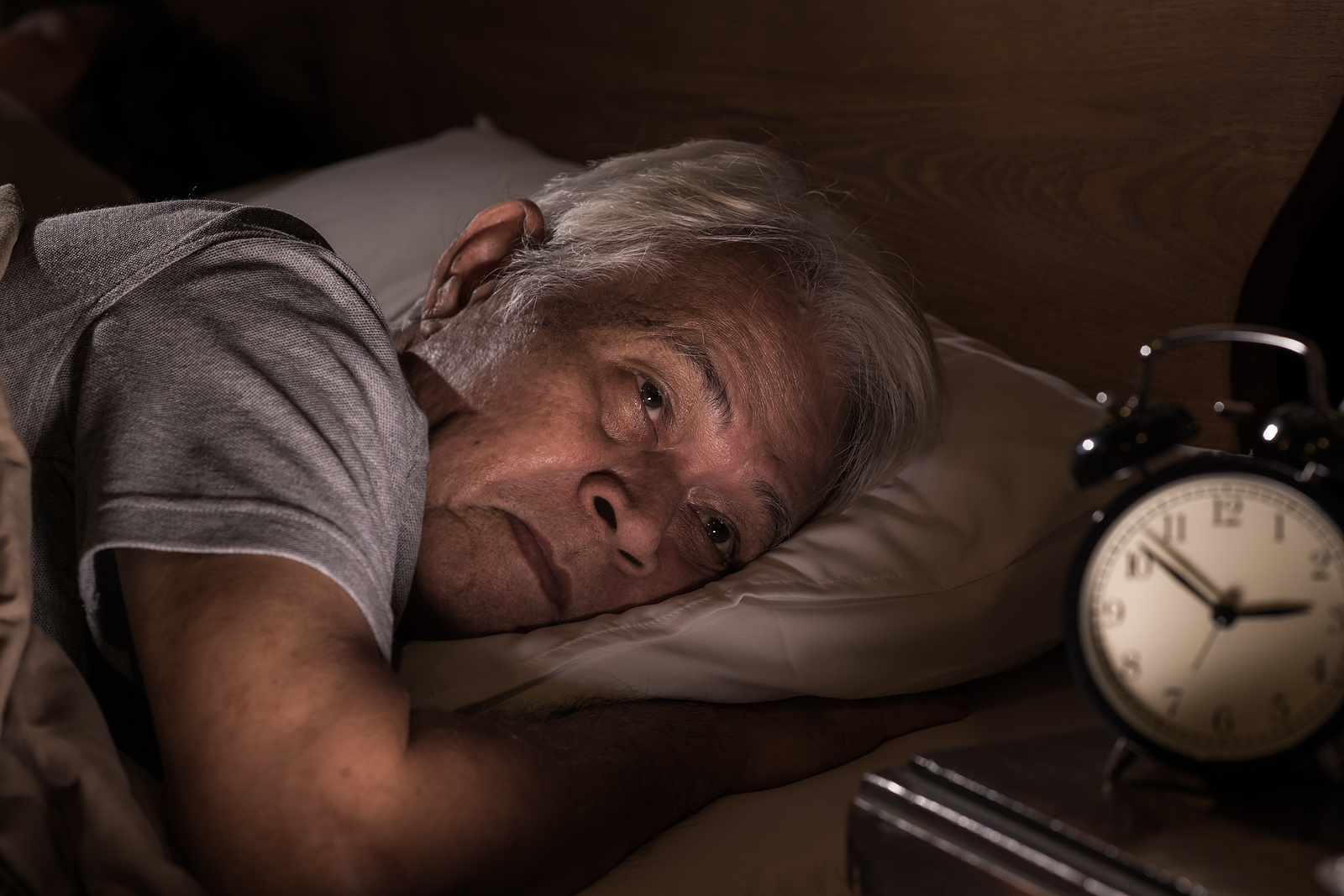Understanding the Benefits of 24-Hour Home Care for Seniors with Parkinson’s

Current estimates are that around 90,000 U.S. adults are diagnosed with Parkinson’s disease every year. That’s just one of the things you should know during Parkinson’s Disease Awareness Month.
Your dad has Parkinson’s and you’re trying to determine how much of his care you’re able to manage on your own. It’s important to look into the benefits of 24-hour home care.
Movement Symptoms Are One Issue
Most people diagnosed with Parkinson’s disease have movement symptoms that impact mobility. Stiffness in the legs makes it hard to move well, and his movements are going to be slow and involve shuffling motions instead of stepping. Dizziness is also common, so the fall risk is great.
If your dad wakes up in the middle of the night and needs to go to the bathroom, getting to it is a challenge. There’s already a fall risk, but a dark hallway or room increases the chances of a fall that can cause significant injuries.
Your dad benefits greatly by having someone nearby and ready to assist him to get out of bed, walk to the bathroom, and return to bed safely. A 24-hour home care aide helps with this. His caregiver isn’t asleep in another room. The caregiver is awake and ready to help him.
Tremors are also common. Cooking a meal becomes an impossible task without help slicing and chopping items. Your dad may find it hard to get food to his mouth, so he’ll need someone to help him with breakfast, lunch, dinner, and snacks.
Non-Movement Symptoms Are Just as Prevalent
Many symptoms don’t involve movements. Your dad’s anxiety may increase. He might experience depression after a diagnosis. If he’s feeling down or anxious at any time of the day or night, it helps to have someone to talk to.
His vision can change and make it hard for him to see where he’s going, and that’s not helpful when his mobility is already impacted. He needs someone to help him walk around the house, take walks outside, and run errands.
Constipation is common in people with Parkinson’s disease. His caregivers need to pay attention to how much water your dad’s drinking and make sure his meals and snacks contain fiber. Incontinence is also possible. Make sure someone is there to help your dad clean up and change his clothes.
Your dad will have medications to take each day, and it can be hard for him to remember what he has taken and what he hasn’t. In addition to his medications, he’ll often have exercises to work on between occupational and physical therapy visits. His caregivers make sure he completes them.
Parkinson’s disease often requires someone to be available throughout the day and night. Talk to a specialist in 24-hour home care to ensure your dad’s needs are supported. You’ll learn more about this service and the prices for 24-hour home care.
Sources:
https://www.parkinson.org/understanding-parkinsons/statistics
Subscribe
Date: April 27, 2023
